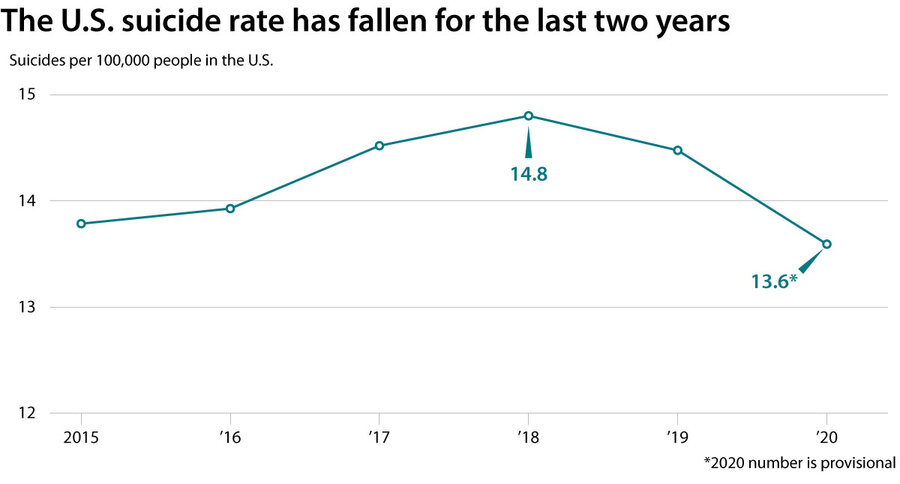Even as the U.S. tallies record national debts, we look at why some economists have shifted their views about the dangers of big debt. At least, for now.
Monitor Daily Podcast
- Follow us:
- Apple Podcasts
- Spotify
- RSS Feed
- Download
 David Clark Scott
David Clark Scott
It wasn’t the waitress’s fault. But she bore the cost.
At each table in the Glenbrook Brewery in Morristown, New Jersey, there is a sign that says seating is limited to 90 minutes due to COVID-19 capacity restrictions – currently at 50% in the state. It’s a common practice. Time limits allow restaurants to turn over as many tables as possible in hopes of making a profit. In the U.S., an estimated 110,000 restaurants have gone out of business during the pandemic.
After an $86 meal for four last Friday, a disgruntled Glenbrook patron left no tip for his server, a nurse in graduate school working more than one job. Scrawled on the receipt: “Don’t kick paying customers out after 90 minutes.”
But the story doesn’t end there. When a photo of the receipt with the word “zero” on the tip line was posted on a community Facebook page by a waitress from another establishment, folks responded. A local business owner started collecting tips – nearly $2,000 – for the stiffed server.
“The public support and outpouring, the kind comments, just the things people say bring me to tears,” the waitress, Beth (she didn’t give her last name), told NBC New York. She plans to share 20% of the total with her fellow servers, and give the rest back to the community.
The natural response to injustice is compassion, empathy, and a desire to help.
Nicely done, Morristown.










